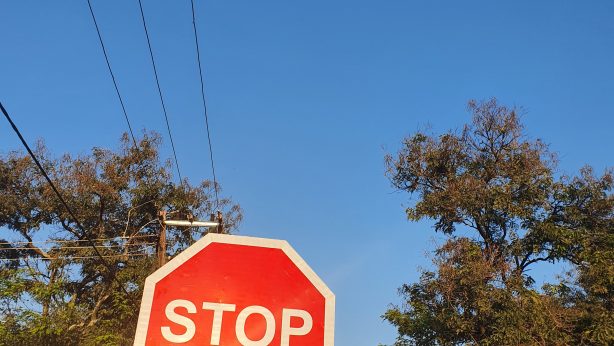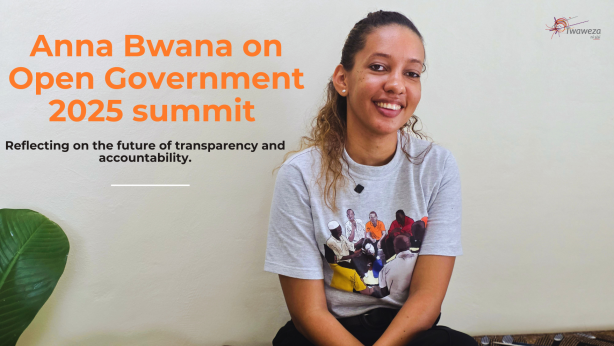World Press Freedom Day: Social gathering or productive exchange?

On 3 May, journalists across the world were celebrating World Press Freedom Day. As with many of these international celebrations, the best outcome to be hoped for is a gentle nudge to governments to remind them of the need to respect their commitment to press freedom. But the day also enables moments of reflection among media professionals about press freedom and professional ethics issues.
Why do journalists even need to be free is a question that sadly seems to be rising to the fore again these days in Tanzania. The country is declining rapidly in Reporters without Borders media freedom index from 70/180 to 124/180 between 2013 and 2020. And this was pre-dated by significant drops in support for media freedom according to Afrobarometer.

Source: Afrobarometer https://bit.ly/3wAGTki
Put simply, the search for the truth requires freedom. Journalists cannot report honestly on the power of our societies if they are not fundamentally free from interference and control. At the same time, this cannot mean they are not held accountable for their work in reporting the truth. And these tensions are at the heart of the conversations on World Press Freedom Day.
In a year that has seen jumps in repressive treatment of journalists in the country, especially approaching the election period, the UNESCO event also brought together professionals to discuss the way forward now with a new administration.
“We promise to work closely with the media and offer support wherever possible” expressed the Minister of Culture, Information and Sports Innocent Bashungwa. He went on to add that there is space for discussion on how to adjust and amend the standing bills that media houses feel are restrictive.
“I will make it so that media houses feel there is a good relationship between the government and media practitioners…” And these words that were surely music to the ears of many in the room are being put into practice as online televisions are re-appearing, stakeholders are being called in to identify weaknesses in the law and ever more dialogues are being held.
The day was one of productive debate and discussion and the journalists and their supporters and collaborators in the room came together to call for:
- A government investigation into the mistreatment and disappearance of journalists through the setup of a commission, comprised of various institutions including the police.
- Review of the various laws that get in the way of practicing journalists and their independence, including evaluating the accreditation board.
- The production of guidelines for how to work in hostile conditions for media practitioners.
- Support for training for journalists on digital security to ensure sources and information are kept secret.
- Agenda setting by media houses that go beyond a story-driven by what the subject is doing or saying and instead provides analysis, insight, and interpretation.
We need to find ways of holding media professionals, the government, and the community around them accountable for these commitments. Otherwise, 3 May will be an annual social gathering instead of a meaningful space for change owned and driven by the media.
For Twaweza, we continue to stand in solidarity with our colleagues and peers in the media, be ready to engage in processes to amend restrictive laws and work to enhance value for media freedom among citizens and government alike.
World Press Freedom Day was proclaimed by the UN General Assembly in 1993, following the recommendation of UNESCO’s General Conference in 1991.


